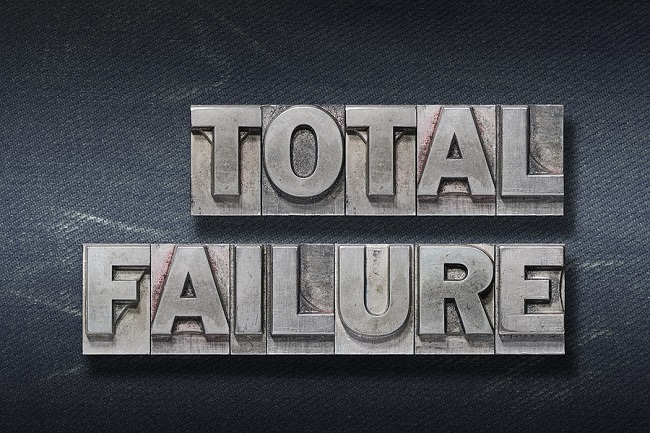Estate planning is all about preparing for the worst-case scenarios. You’re making plans for what you want to happen after you’re gone, and those plans include how you want your assets to be distributed. But what happens if your original wishes can’t be carried out because all the people you named in your will have also died? Although it might seem unlikely, it’s not impossible, and it’s why your estate planning may need to include a total failure clause.
When Disaster Strikes
Disasters can take many forms: car crashes, plane crashes, explosions, terrorist attacks, storms, earthquakes and more.
In some cases, entire families can perish in a single event. Even larger, extended families can be affected, for example, if the tragedy occurs during a family reunion, wedding, or other large get-together.
An estate planning disaster doesn’t require an epic catastrophe, however. Your heirs could die before you do of unrelated causes. Whether this happens days, weeks, months, or even years earlier, if you haven’t updated your will yet, it could cause problems.
When No One Is Left
State law dictates what happens to a person’s estate if there is no will or under certain other circumstances.
In Oregon, Chapter 112 – Intestate Succession and Wills covers what happens to a person’s estate is various circumstances. If a person dies intestate (without a will), the estate will normally pass to the closest surviving family members, usually including spouses, children and/or parents, following the specific details of the state law.
But what happens if a person has no surviving family?
In Oregon, Section 112.055 states that “If, after diligent search and inquiry that is appropriate to the circumstances, taking into account the value of the decedent’s estate, no person takes under ORS 112.025 to 112.045, the net intestate estate escheats to the State of Oregon.”
In other words, the person’s estate may go to the government, in a process known as “escheat.”
Creating a Backup Plan
For many people, it is unlikely that their estate will escheat to the government. However, if you have a small family with few surviving relatives, it is a possibility that you should consider.
It’s also possible that your estate could go to a relative you would prefer not to inherit your assets. For example, if your intended heirs die before you do, your estate could pass to another family member based on state laws. This could be a family member you’re not fond of, or one you don’t trust to use the inheritance wisely.
To avoid these unexpected situations, it’s important to include backup plans in your will. One way to do this is to create what’s sometimes called a Total Failure clause in your will. Such a clause may state that, if all of your heirs predecease you, your estate will go to the charity of your choice.
A solid estate plan should not assume that everything will go exactly as expected. Because we cannot predict the future, we must plan for multiple scenarios, including the worst-case scenarios. An experienced estate planning attorney can help you navigate these complex issues. Contact Skinner Law for all of your estate planning needs.

